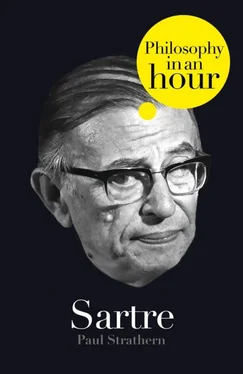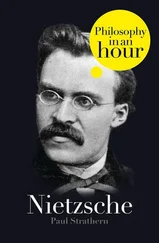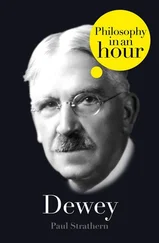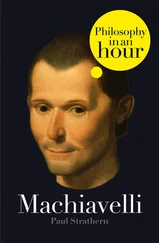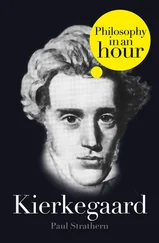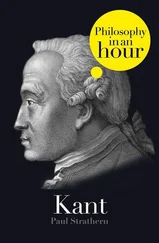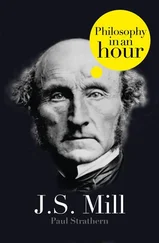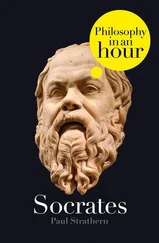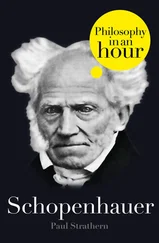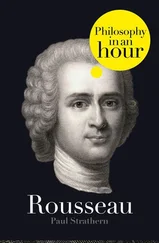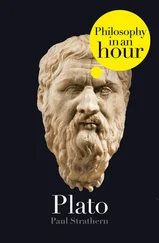Sartre thrived in this hothouse atmosphere. According to friends, his ugliness vanished the moment he spoke. The spotty little student in glasses shone at the café tables of the Left Bank. ‘Except when he’s asleep, he thinks all the time.’ ‘He was the best and most generous companion imaginable… Underneath the cynicism and self-disgust which he willingly displayed… his secret was indubitably a great softness which he managed neither to acknowledge nor to disclaim.’ According to Sartre himself, ‘I was a thousand Socrates.’ Emerging from his shell, he developed a prodigious thirst for beer and discovered to his delight that young women bamboozled by his intellect were capable of finding his ugliness attractive. His thirst for sexual conquests was soon second only to his thirst for beer. But neither of these could match his appetite for books, ideas, knowledge. He read everything – everything, it appears, except what he was required to read for his courses. To the astonishment of everyone, especially himself, Sartre failed his first attempt at the agrégation (graduation exam). As a result, during the following year his brilliance became a little more directional.
Despite his failure, Sartre remained the star pupil. By now he had acquired the scruffiness encouraged by student life in Paris, where running water was a rarity. Sartre soon dispensed with such bourgeois customs as bathing, and took up smoking a pipe – whose aroma was presumably strong enough to disguise any other emanating from a nearby source. He would be seen at cafés in the Latin Quarter engaged in intense intellectual discussion with his circle of cronies (which included Aron and briefly Merleau-Ponty). Philosophy was the usual topic of conversation. There was no point in joining this table unless you had something particularly intelligent to say and could say it with intellectual verve. One day the group was joined by a tall, serious-minded twenty-one-year-old girl who was interested in philosophy. Her name was Simone de Beauvoir, and she quickly demonstrated that she could hold her own in their philosophical discussions.
Simone de Beauvoir was of impeccable bourgeois background, much like Sartre. She had received an upper-class convent education, which she was now earnestly rebelling against. She quickly acquired the nickname ‘the Beaver’ – ‘a symbol of hard work and energy’, according to the member of the group who christened her. (Any salacious American associations with this name would have been viewed dimly, even by Sartre’s determinedly unbourgeois group, though the men were not above similar Rabelaisian witticisms when they were having a few beers on their own.)
‘Charming, pretty, dresses horribly… she was wearing a hideous little hat,’ was how the debonair twenty-four-year-old Sartre assessed de Beauvoir. It was ‘love at first sight’, according to de Beauvoir. Either way, Sartre and de Beauvoir became lovers. Sartre soon assumed the additional roles of mentor, exposer of bourgeois behavior, and clothes adviser. ‘From now on I’m going to take you under my wing’, he told her.
It didn’t quite work out that way. Despite her brilliance, he demolished her in argument. But the Beaver responded with honest and penetrating critiques of Sartre’s ideas. For the first time in his life he’d met his match: the Beaver’s critical pronouncements were received like holy writ. But it went deeper than this. Here was the ‘double’ which de Beauvoir had fantasized about during the long, lonely years of her adolescence. And Sartre, far from becoming her fashion adviser, soon found himself being ‘mothered’ (suggestions of baths, change of shirt, pimple cream, and so forth). De Beauvoir may have found her psychological double, but Sartre had also found someone who had slipped into the vacant role of sister-mother. These roles were embryonic and largely unconscious to begin with, but right from the start it was obvious that this was no casual passing relationship.
Yet there could be no question of them entering into any permanent relationship – that would have been bourgeois. Even the idea of regarding themselves as a couple was philosophically unthinkable. Bourgeois domesticity, cohabitation, ‘fiancé’, conventional affection – such dangerous elements had to be avoided at all cost. No, theirs would be an ‘open’ relationship, they decided. No strings attached.
The student lovers studied, ate at cheap Left Bank bistros, made love, discussed ideas in the cafés, in bed, walking in the Jardin de Luxembourg, and studied and read, and studied and read and explained, and studied again, during the hot summer weeks – and then they took their agrégation. When the results of the philosophy exam were posted, Sartre was first, de Beauvoir second, the cream of France’s coming intellectual generation left trailing in their wake.
Cosy university days over, the student lovers now had to face the real world: teaching for de Beauvoir, military service for Sartre. In true intellectual fashion, they decided to define their relationship. Sartre stated his position: the abiding passion of his life was writing. All else would always remain secondary. Apart from writing, he believed in ‘travel, polygamy and transparency’. After military service he had plans to become a lecturer in Japan. He wanted to preserve their special relationship but also enjoyed the company of other women. He refused to surrender his principle of personal liberty, therefore all notion of bourgeois fidelity was out. On the other hand, he did recognize that theirs was a special relationship. They would therefore agree to a ‘two-year lease’. They would have two years of intimacy together, and then they would separate for two or three years. They would remain extremely close, but their relationship wouldn’t grow stale and develop into a habit, like any bourgeois relationship. The two-year lease would ensure this.
Having defined their relationship in curiously bourgeois and capitalist terms, Sartre proceeded to elaborate on this in a more empathetic philosophical manner, drawing on Kant’s distinction between ‘necessary’ and ‘contingent’ truths. For Kant, a necessary truth was one whose denial involved a self-contradiction. For example: ‘Philosophers seek the truth.’ Truth-seeking is part of the definition of a philosopher, so to deny this statement involves a self-contradiction. On the other hand, to deny the statement ‘Philosophers often talk twaddle’ does not involve a self-contradiction. The statement is not necessarily true or untrue, in any logical sense. (Unless, that is, your definition of a philosopher includes the inability to talk twaddle.) The truth of the second statement is thus contingent .
Sartre proposed that throughout their two-year lease, and in the period after it, his relationship with the Beaver would be ‘necessary’; any other affairs he (or she) might embark upon would be considered ‘contingent’. Obtuse unphilosophical thinkers may be forgiven for jumping to the wrong conclusion here. What did Sartre really mean? When he had a contingent relationship, it was not necessary – even to tell her about it? On the contrary. This was where the third element of Sartre’s ‘travel, polygamy, transparency’ life plan came into play. He wished for his relationship with de Beauvoir to be utterly clear and truthful. They would tell each other everything
Конец ознакомительного фрагмента.
Текст предоставлен ООО «ЛитРес».
Прочитайте эту книгу целиком, купив полную легальную версию на ЛитРес.
Читать дальше
